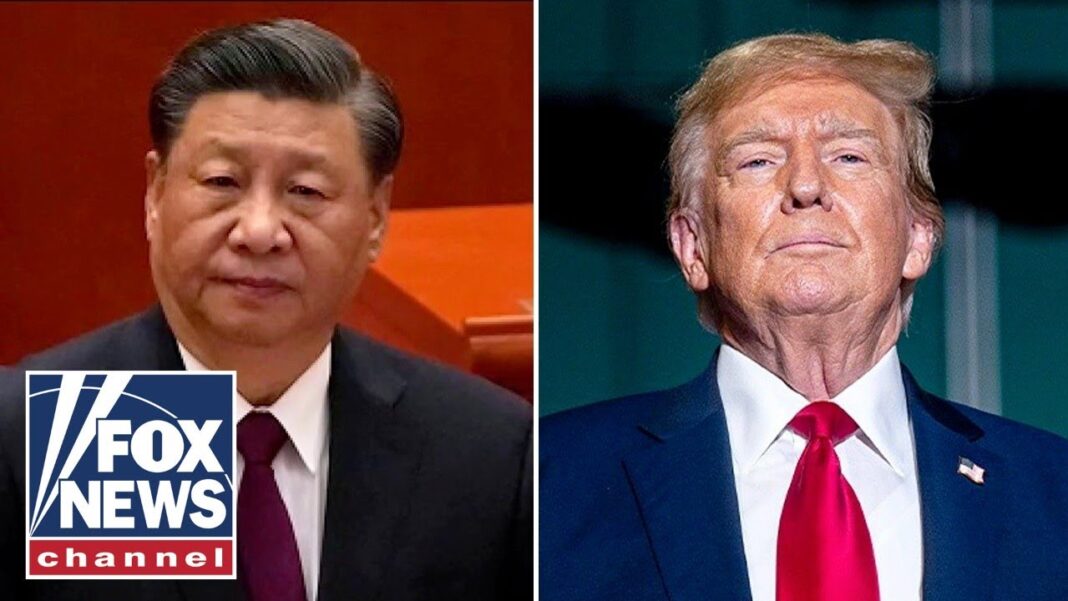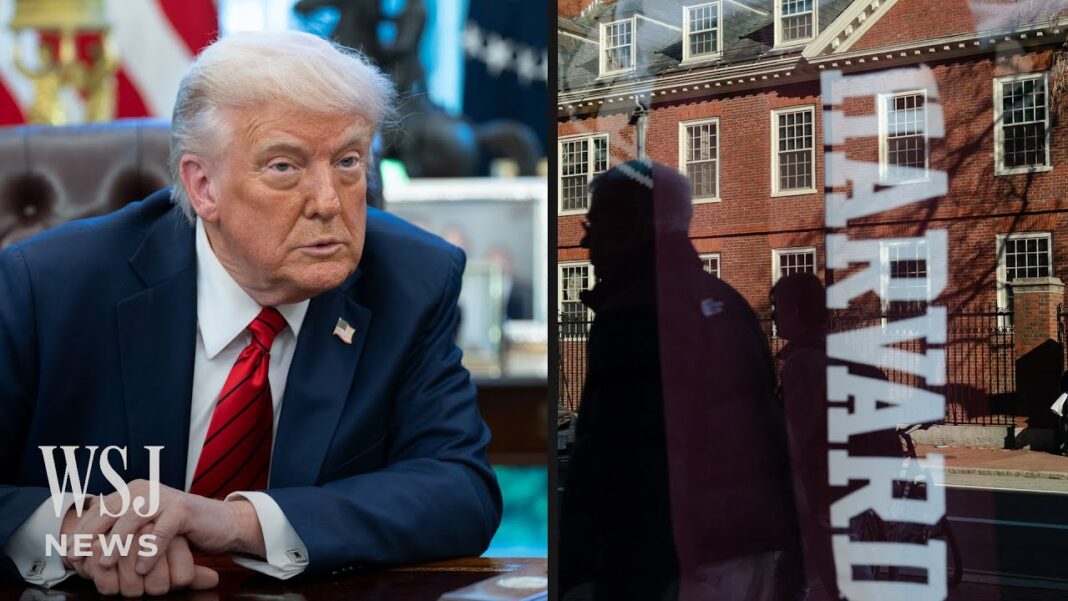
With U.S. frustration rising, Marco Rubio warned that the Trump administration could abandon its peacemaking efforts in the absence of any clear progress.
The Russia-Ukraine war, now in its fourth year, continues to rage.
During his election campaign, U.S. President Donald Trump pledged to swiftly bring an end to the deadly conflict upon returning to office in January.
After three months of phone calls, meetings, and trips seeking to bring the two warring countries to the negotiation table for a cease-fire, a concrete breakthrough has yet to materialize.
Here’s what we know about the current state of U.S. efforts to end the war—or at least to broker a limited truce.
Talks in Saudi Arabia
In February, shortly after Trump’s return to the White House, top U.S. and Russian officials held landmark talks in Saudi Arabia to discuss possible means of ending the conflict.
Since then, Moscow and Washington have both repeatedly stressed their desire to see an end to the war, which has left hundreds of thousands dead in its wake.
On April 11, Steve Witkoff, Trump’s special envoy, visited St. Petersburg, Russia, where he held four-hour talks with Russian President Vladimir Putin.
In a subsequent statement, the Kremlin confirmed that the main theme of the closed-door meeting was “aspects of a Ukrainian settlement.”
In past remarks, Putin has said he is ready to agree to a comprehensive cease-fire in Ukraine—but only if longstanding Russian demands are met.
Those demands include recognition of Russian sovereignty over four Ukrainian regions that Moscow invaded in 2022 and currently views as Russian territory.
Russia also demands the full withdrawal of Ukrainian forces from these four regions, along with iron-clad guarantees that Ukraine will never join the North Atlantic Treaty Organization (NATO).
Unacceptable Terms
Kyiv and several European capitals—along with some Trump administration officials—say the Russian demands are unacceptable and would amount to a de facto capitulation by Ukraine.
Nevertheless, in recent comments, Witkoff has voiced a willingness to consider Moscow’s terms for ending the conflict.
In a March 21 interview with political commentator Tucker Carlson, Witkoff noted that the four regions claimed by Moscow are “Russian-speaking.”
By Adam Morrow







